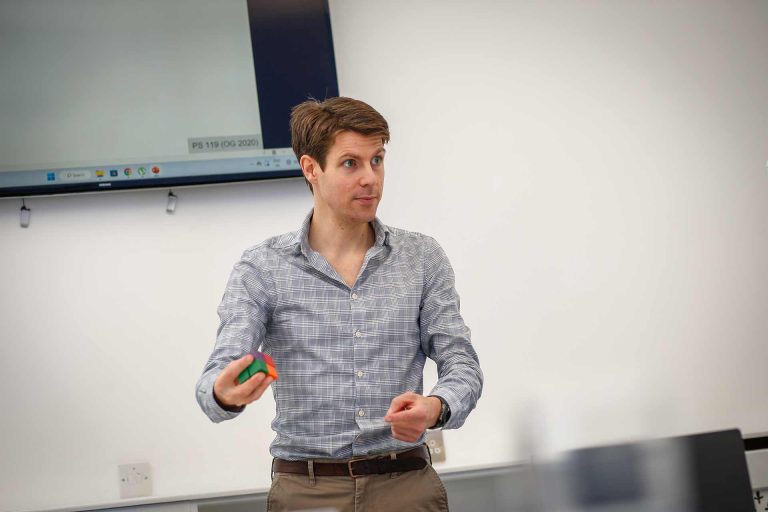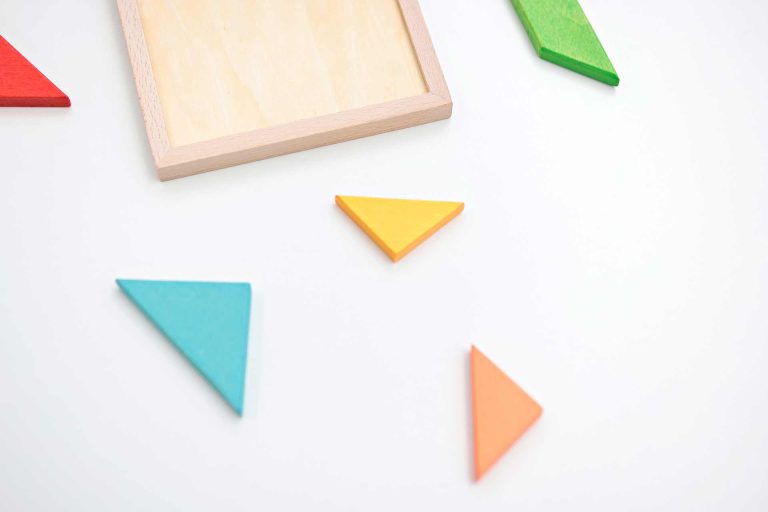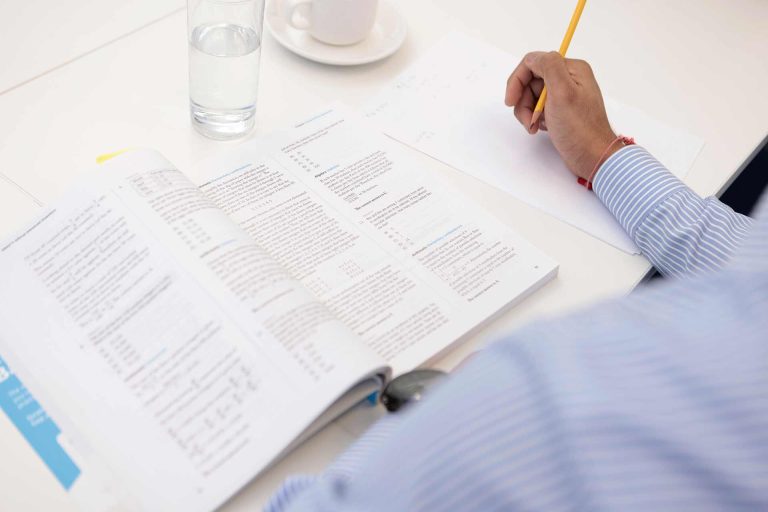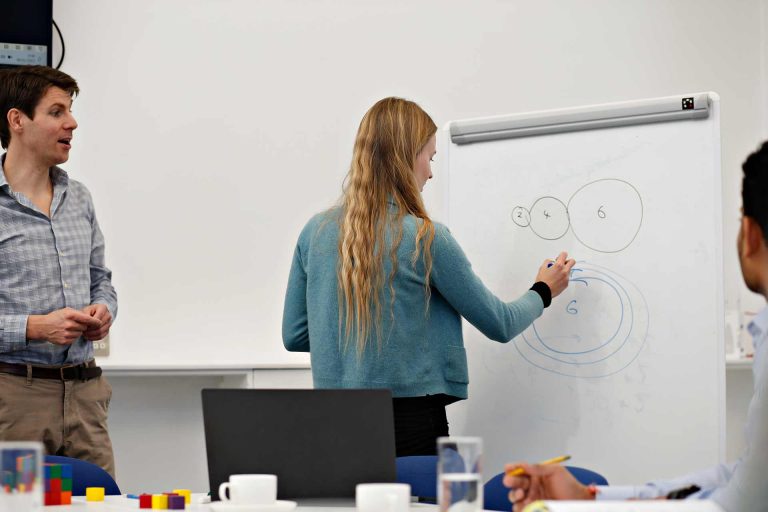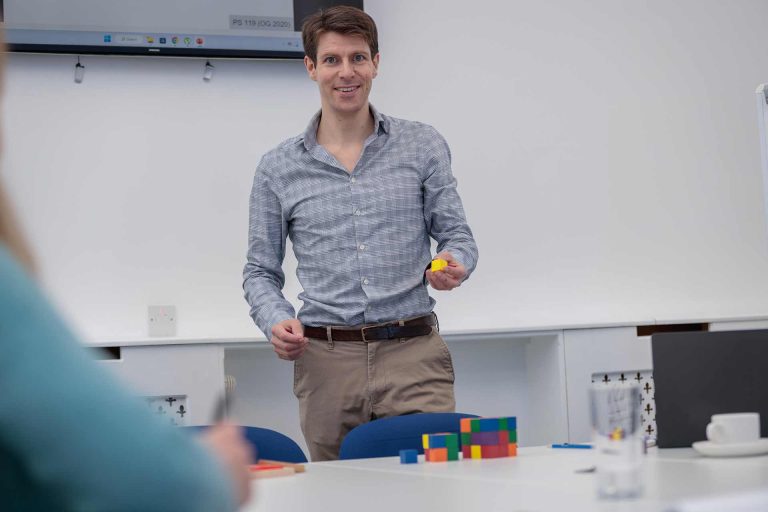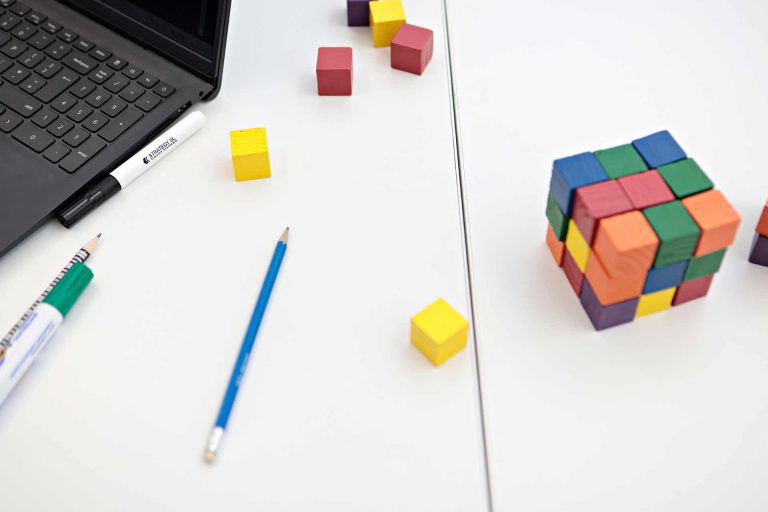“I struggled with the GMAT for months, and yet my best friend Sebi took the exam with hardly any preparation and scored over 700! It’s not fair!”
Studying for the GMAT can be infuriating enough, but it’s made even worse when you know someone else who seems to find it easy. Perhaps some people are just naturally better? This question is worth investigating, as it can tell us a few things about studying effectively for the GMAT.
First, notice that the GMAT is much more a test of skills than a test of knowledge. You’ve probably already considered some of the things that it tests (see ‘What’s the point of this GMAT thing anyway?’). Here are few:
- Ability to work under pressure.
- Creative ability to find simple solutions to unexpected problems.
- Flexibility with numbers.
- Ability to digest information quickly.
- Familiarity with the process of making logical deductions.
- A wide vocabulary and ability to guess the meanings of words.
Once we break down the GMAT into composite skills (and there are definitely more than the ones I’ve listed above), then we can see why Sebi didn’t need to study as much – he developed these skills before he’d even starting thinking about the GMAT. You can probably guess how: perhaps he uses numbers in his work, or reads a lot, or does Sudoku in his free time. There are loads of things that may have helped him.
This makes even more sense when we consider all the years of experience that we accumulate through our lives. Often some relatively small influence in childhood, such as a friend who’s interested in something, a teacher you relate well to, or an inspiring book, can lead us down a different path. The random factor here is huge: perhaps somebody said something to you at just the right time in your development that sparked a curiosity. These small influences then magnify over the following years. Hundreds of hours accumulate, and these may be hundreds of hours of healthy learning, or hundreds of hours of reinforcing fear and boredom. Sure, there may be a small amount of talent involved, but learning research suggests that, for most activities, this is relatively small.
Added to this is the role of identity and hidden beliefs. We pick these up through a subtle mixture of personal experience, parental influence, and cultural context. If, somewhere in our development, we acquire a belief that ‘Math is difficult’ or that ‘I’m not sporty’, then we’re not likely to learn much in Math classes or want to do sport. I enjoy working with adults to change some of these beliefs, an approach that can have profound results. Check out: Coaching Sessions
So where does that leave you with your studies? I’d encourage you to think about how you can develop some of those skills. Just “doing GMAT problems” may not be the best way to study. Are you reading challenging books? Are you doing some logic puzzles? Simply asking Sebi how he spends his free time and what helped him may be a good start.
Here are a some books that explore these topics:
‘Mindset’ by Carol Dweck
‘Peak’ by Anders Ericsson and Robert Pool
‘Range’ by David Epstein

